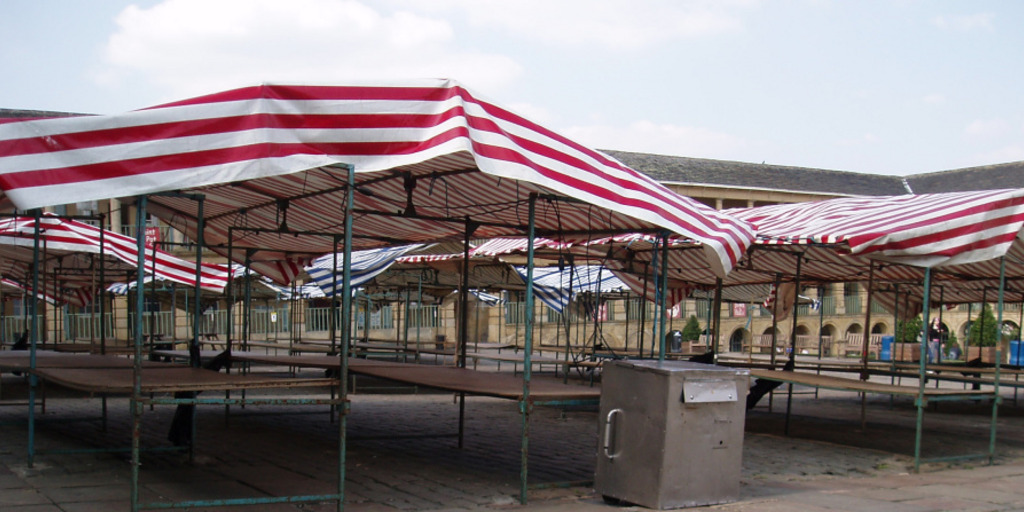April 13, 2020, Germany’s national academy of sciences Leopoldina published a working paper on how to overcome the Corona crisis and slowly reopen the country.[1] The paper initially received widespread praise and directly affected the political recommendations drafted by the federal government.[2] Despite that, discussions on the viability and effects of the proposed measures emerged quickly on social and traditional media. The debate on reopening child-care is exemplary. The paper proposes to severely restrict the access of children under 5 years to child-care well into the summer. From a scientific perspective the recommendation seems sound; small children cannot socially distance, yet contract and spread the virus. Despite that, the report is unable to take into consideration the lived reality of the citizens in lockdown. As a result, debates on Twitter for example discussed what effect an extended period of social distancing would have on the development of the social and emotional skills of small children. Some also pointed to the problem of particularly women being overtly affected by the measure. A German academic tweeted:
"I just hope that the recommendation has been made realizing what closing day-care means. It means that all the people who have fought hard to combine rearing a child well and a career lose. And many won’t be in our comfortable situation, where one of our salaries is enough."[3]




